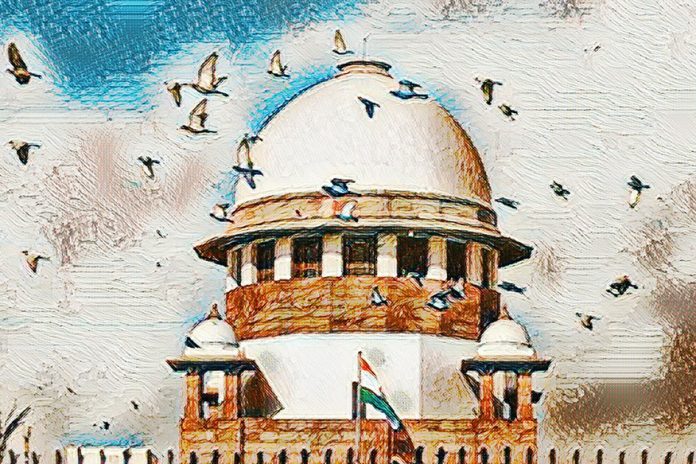The petitions said 50 per cent of OBC candidates must get admissions in the medical colleges out of seats surrendered under the all India Quota, except for central government institutions.
Right to reservation isn’t a fundamental right, observed the Supreme Court on Thursday while adjudicating a clutch of cases on quota for OBC candidates in Tamil Nadu’s medical colleges.
A bench headed by Justice L Nageswara Rao was categorical that nobody can claim right to reservation as a fundamental right, and hence not giving the quota benefits cannot be construed as a violation of any constitutional right.
“Right to reservation is not a fundamental right. That’s the law today,” remarked Justice Rao, as the bench took up petitions claiming violation of fundamental rights by not keeping seats reserved in the medical colleges in Tamil Nadu for its OBC students.
The petitions, filed by CPI, DMK and some of its leaders asking for 50 per cent OBC reservation in seats, surrendered by Tamil Nadu in the All India Quota for under graduate, post graduate medical and dental courses in 2020-21.
They said that in Tamil Nadu, there is 69 per cent reservation for OBCs, SC and ST and within this, OBC reservations are about 50 per cent.
The petitions said 50 per cent of OBC candidates must get admissions in the medical colleges out of seats surrendered under the all India Quota, except for central government institutions.
“Denial of admissions to OBC candidates is a violation of their fundamental right,” said the pleas, asking for a stay on the counselling under NEET till the reservation is given.
But the Supreme Court on Thursday remained unimpressed with such submissions, and questioned how a petition under Article 32 could be maintainable when there is no fundamental right to have reservation benefits.
“Whose fundamental rights are being violated? Article 32 is available only for violation of fundamental rights. We assume you are all interested in fundamental rights of the citizens of Tamil Nadu. But right to reservation is not a fundamental right,” observed the bench.
The court said it appreciates different political parties in Tamil Nadu coming together for a cause but the top court cannot entertain a plea.
When told that the premise of the cases are violation of the law on reservation by the Tamil Nadu government, the bench said that the petitioners should move the Madras High Court.
The bench allowed them to withdraw the petitions and move the High Court for any relief.
By a ruling in February, the apex court had held there is no fundamental right to claim reservation in public jobs and no court can order a state government to provide for reservation to SC/STs, the Supreme Court has ruled.


